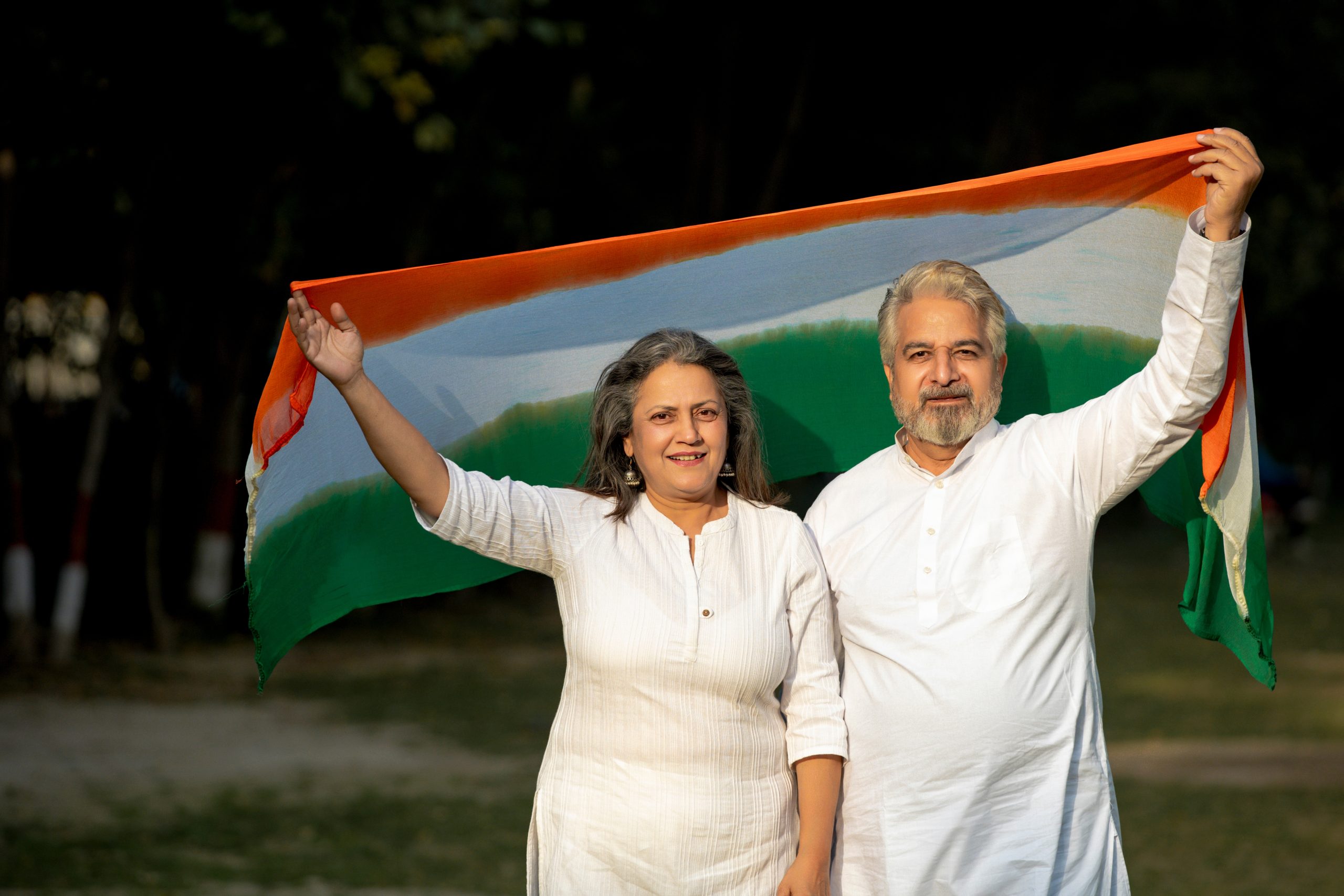The Role of Government and NGOs in Supporting Old Age Homes
As India’s elderly population continues to rise, old age homes have become crucial in providing care and support to seniors who no longer have the means to care for themselves. While the families of many seniors are unable to provide the necessary care, old age homes serve as a sanctuary, offering a safe and supportive environment. However, the role of government and non-governmental organizations (NGOs) in supporting these institutions is pivotal in ensuring that seniors receive the care they deserve. In this blog, we will explore how both the government and NGOs are contributing to the growth and sustainability of old age homes, particularly focusing on places like an old age home in Mumbai.
Government’s Role in Supporting Old Age Homes
The government plays a vital role in ensuring that old age homes provide high standards of care and support to their residents. Over the years, the Indian government has implemented various policies and schemes aimed at improving the conditions in old age homes and ensuring that they meet certain quality standards.
The Ministry of Social Justice and Empowerment (MSJE) has taken several initiatives to address the needs of the elderly population. The National Policy on Older Persons (NPOP) and the Maintenance and Welfare of Parents and Senior Citizens Act, 2007, are some of the key policies that focus on protecting the rights and welfare of senior citizens. These policies outline the government’s commitment to ensuring that old age homes across the country, including those in Mumbai, provide proper care, including access to healthcare, nutritious food, and a safe environment.
Additionally, the government offers financial assistance to old age homes through various welfare schemes. For instance, the Senior Citizens Welfare Fund was established to provide financial support to old age homes and other institutions working with seniors. This fund is used to help improve the living conditions of elderly residents, especially those in financially disadvantaged situations.
Moreover, the government also encourages the development of old age homes by providing land and infrastructure subsidies. In metropolitan areas like Mumbai, this is especially important given the high cost of land and property. Such support makes it easier for private entities and NGOs to establish old age homes that cater to the growing elderly population.
NGOs: Driving Change in Elderly Care
Non-governmental organizations (NGOs) have also played a crucial role in supporting old age homes, especially in urban areas where the demand for senior care facilities is high. Many NGOs work tirelessly to provide not only financial aid but also community support, healthcare services, and recreational activities for the elderly.
NGOs like HelpAge India, Agewell Foundation, and the Salvation Army have been at the forefront of advocating for better living conditions for the elderly. They collaborate with old age homes across the country, including those in Mumbai, to provide a holistic range of services to seniors. These NGOs often focus on the emotional well-being of residents, organizing events, creating social connections, and reducing the isolation that many seniors experience.
One of the most significant contributions of NGOs is in terms of providing medical care and rehabilitation services. Many old age homes in Mumbai, especially those run by NGOs, offer access to free or subsidized medical care for senior citizens. This includes regular health check-ups, physiotherapy, and access to specialized care for chronic conditions such as diabetes, arthritis, and cardiovascular diseases. NGOs often mobilize volunteers and medical professionals who contribute their time and resources to improve the health of residents.
Moreover, NGOs work to raise awareness about elder rights and advocate for better policies and resources for senior citizens. By partnering with the government, NGOs help ensure that old age homes receive the necessary resources and support to create a positive living environment for seniors.
Collaboration Between Government and NGOs
The collaboration between the government and NGOs is vital in creating a framework that ensures comprehensive support for old age homes. In many cases, the government provides the regulatory framework and funding, while NGOs contribute by providing practical services and community outreach. This partnership helps in meeting the diverse needs of senior citizens, particularly in urban areas like Mumbai where there is a higher concentration of elderly people.
For example, some old age homes in Mumbai benefit from the expertise of NGOs in organizing community events that promote active aging. These events not only entertain but also help seniors develop new skills, make friends, and feel connected to the community. NGOs also help in addressing specific challenges faced by elderly individuals, such as the isolation felt by many elderly residents in old age homes.
Funding and Financial Support
Financial assistance is a key area where both the government and NGOs play an important role. While the government provides funding through various schemes, NGOs often raise additional funds through donations and fundraising activities. This financial support is crucial for ensuring that old age homes can provide high-quality services and maintain an adequate standard of living for their residents.
In cities like Mumbai, where the cost of living is high, maintaining old age homes can be a challenge without adequate financial support. Many NGOs work to bridge this gap by securing funding from philanthropists, corporations, and the public. In turn, these funds are used to purchase essential supplies, improve facilities, and fund healthcare services for elderly residents. This financial backing ensures that old age homes are equipped to handle the growing demand for elderly care and provide a comfortable and supportive environment.
The Impact on Residents
The combined efforts of the government and NGOs have a profound impact on the residents of old age homes. With access to quality care, medical services, recreational activities, and emotional support, seniors in these homes experience improved well-being and a higher quality of life. Old age homes in Mumbai, for example, offer an environment where residents can live with dignity, surrounded by people who care about their well-being.
Furthermore, these collaborations help reduce the stigma associated with old age homes. Once seen as places of abandonment, these institutions are now recognized as safe havens where seniors can live comfortably and continue to lead fulfilling lives.
Conclusion
The role of both the government and NGOs in supporting old age homes is crucial in ensuring the well-being of elderly citizens. With the growing elderly population in India, the collaboration between government bodies and NGOs becomes even more important in addressing the challenges of elderly care. Old age homes, including those in Mumbai, have evolved significantly over time, with both the government and NGOs working together to provide better living conditions, healthcare, and emotional support to seniors. By continuing to work together, these institutions will be able to meet the needs of India’s aging population and ensure that seniors live with dignity and care.














Post Comment